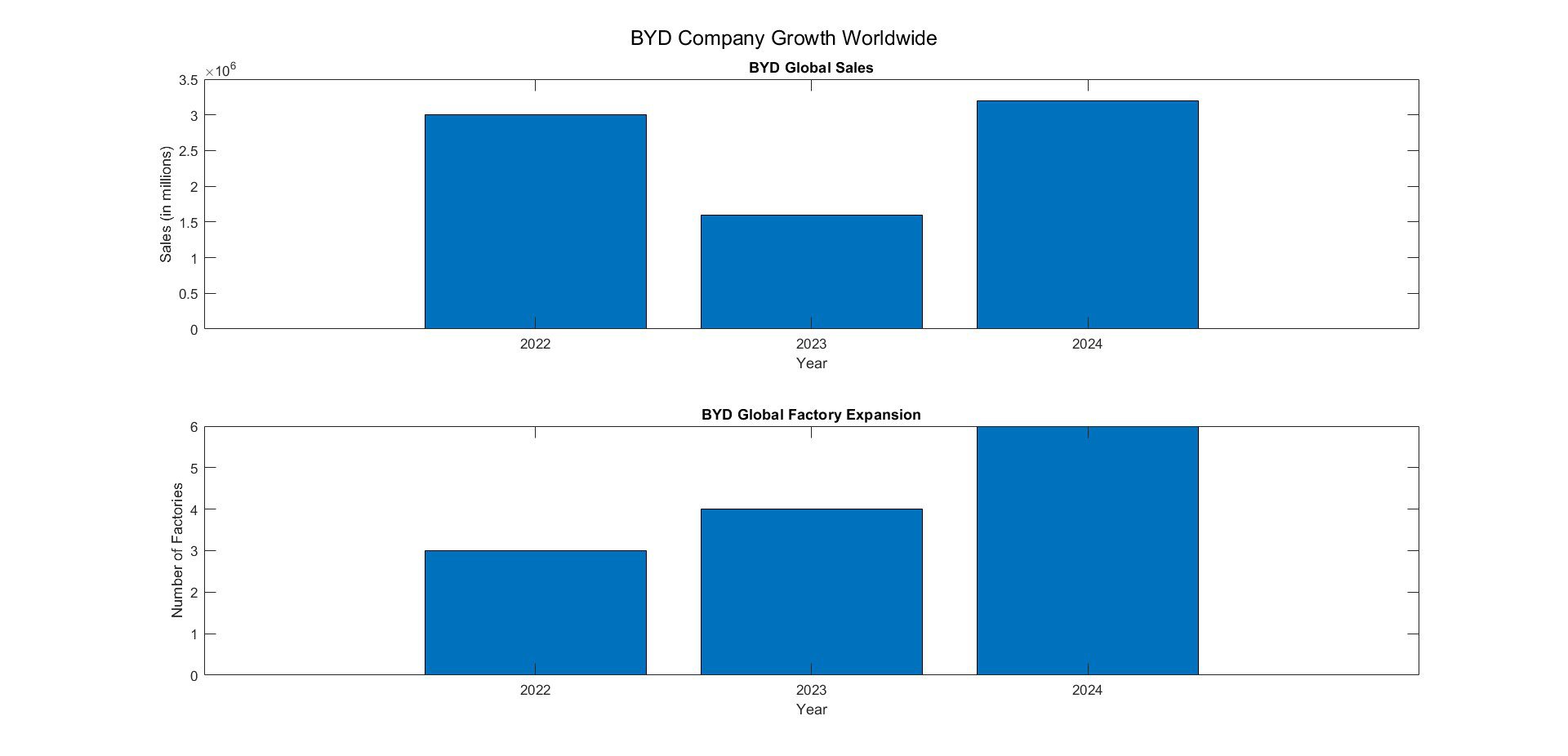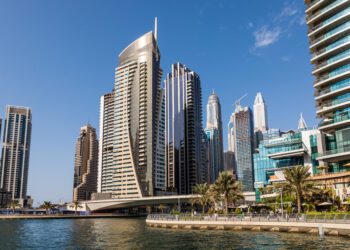BYD, the renowned Chinese automaker, has officially inaugurated its first electric vehicle (EV) manufacturing plant in Thailand, marking a significant step in its expansion into Southeast Asia. This strategic move aligns with BYD’s broader ambition to capture market share in wealthier regions such as the U.S. and Europe.
A Strategic Expansion Amid Rising Tariffs
The launch of the Thai plant coincides with pivotal changes in international trade policies. The European Union is poised to implement increased tariffs on Chinese-made EVs, driven by concerns over competitive pricing and market impact.
Similarly, the Biden administration in the U.S. has announced a dramatic increase in tariffs on Chinese EVs, raising them from 25% to 100%. While the current volume of Chinese car imports to the U.S. remains low, these measures reflect broader apprehensions about the effects of subsidies on domestic markets and employment.

Rapid Construction and Significant Production Capacity
Located in Rayong, south of Bangkok, BYD’s new facility was constructed in a mere 16 months. It boasts an impressive annual production capacity of 150,000 vehicles, producing several BYD models alongside batteries and transmissions. The grand opening was celebrated with a notable event, including the donation of a BYD Dolphin, a compact hatchback, to a Thai royal family-sponsored charitable foundation. This vehicle also marked BYD’s milestone of manufacturing 8 million vehicles.
Thailand’s Ambitious EV Goals
Thailand has set an ambitious target: by 2030, 30% of all vehicles produced in the country should be electric. Currently, BYD holds a significant market position, with one in every three EVs sold in Thailand being a BYD model. Despite this, the majority of vehicles on Thai roads are still powered by gas or diesel.
BYD’s Growing Global Footprint
Last year, BYD’s sales reached 3 million vehicles, with exports tripling to 243,000. In the first half of this year alone, the company sold 1.6 million EVs. In Thailand, BYD sold 30,650 EVs last year and has plans for the new factory to produce models including the Dolphin, Atto 3, Seal, and Sealion 6.
Job Creation and International Expansion
The new factory is expected to create approximately 10,000 jobs, boosting local employment and supporting economic growth. Beyond Thailand and China, BYD is expanding its global manufacturing presence with factories in Brazil, Hungary, and Uzbekistan.
BYD Dolphin: A Highlight of Innovation
The BYD Dolphin stands out with its impressive range of 490 kilometers (around 300 miles) on a single charge. During a recent auto show in Bangkok, the Dolphin was showcased with a price tag of 859,999 baht (approximately $23,700). Reports suggest that BYD plans to offer significant discounts on vehicles produced at the new Thai factory, making them more accessible to the local market.
Conclusion
BYD’s inauguration of its first EV plant in Thailand signifies a crucial milestone in its global expansion strategy. As the company navigates the complexities of international trade policies and market dynamics, its commitment to innovation and sustainable transportation continues to drive its growth and influence in the automotive industry.
With ambitious goals and strategic investments, BYD is well-positioned to shape the future of electric mobility in Southeast Asia and beyond.
Also read:
BYD Surpasses Expectations with Stellar First Quarter Sales Amid Tesla’s Decline

















